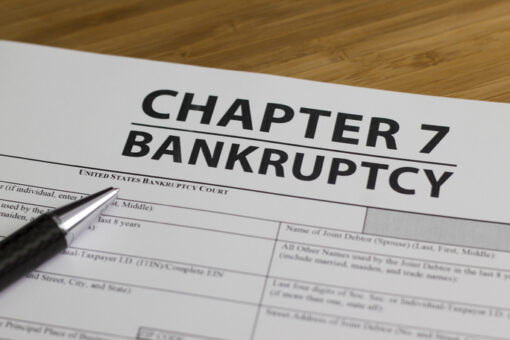
There are so many inaccurate bankruptcy myths in the world that if we wanted to dispel them all, we would spend 100% of our time doing so. However, there are some that are more common than others. Today we are going to cover a few of the myths about Chapter 7 bankruptcy. Keep reading to learn the myths and the real facts, then contact The Law Offices of Paul Y. Lee at 951-755-1000 if you would like to request a free legal consultation.
Fact or Myth: Your Possessions Are Sold in Chapter 7 Bankruptcy
This one is easy – it is a myth. In fact, it is one of the most often believed Chapter 7 bankruptcy myths. You might hear people say that it is a liquidation bankruptcy in which your belongings are sold, and creditors are paid for the proceeds of those sales. The fact of the matter is that not even 3% of all Chapter 7 bankruptcy filings lead to the sale of any assets.
It is true that the law allows for the sale of non-exempt assets, but in almost all cases, the trustee does not sell anything. To put it simply: 97% of people who file Chapter 7 bankruptcy do not have a single possession sold.
There Are Several Reasons that Assets Are Not Usually Sold in a Chapter 7 Bankruptcy
You are likely wondering: why aren’t assets sold? The answer is part law and part economics. For one thing, your assets are often protected by exemptions, and it is almost always true that non-exempt assets do not have a meaningful sale value. As a result, it is not usually in the best interest of anyone for your non-exempt belongings to be sold.
Of course, you do not get to make this decision – the trustee does. It is up to them to decide if there is value in your assets that are non-exempt. If they determine that there is, then they could technically sell it and pay unsecured creditors. Note that secured creditors are not paid because they have liens by definition and are able to enforce their own lien.
When the trustee is making this decision, they are deciding if they can sell the asset, pay themselves, pay for the cost of selling the item, and still have enough money left to pay the creditor for the sale to make sense. If they don’t believe they can, then they will abandon the asset, and the debtor gets it.
If you have questions about bankruptcy and want to take to someone who can help, reach out to The Law Offices of Paul Y. Lee at 951-755-1000 for a free bankruptcy consultation. We can answer your questions, assess your situation, and help you determine the best way to move forward.

